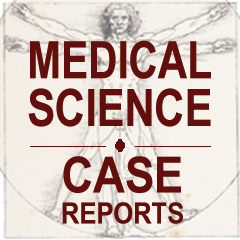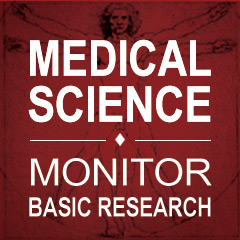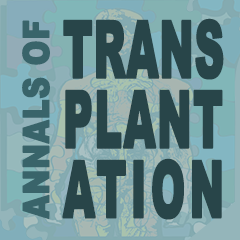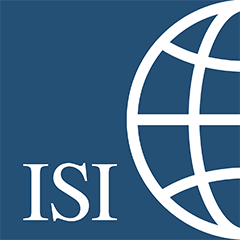Renal Salt Wasting Syndrome Secondary to Cisplatin-Based Chemotherapy for Lung Cancer: A Case Series
Jun Tanaka, Katsuyoshi Tomomatsu, Naoki Hayama, Masako Sato, Yukihiro Horio, Hiroto Takiguchi, Hiromi Tomomatsu, Takahisa Takihara, Kyoko Niimi, Tsuyoshi Oguma, Takuya Aoki, Tetsuya Urano, Koichiro Asano
Med Sci Case Rep 2016; 3:77-81
DOI: 10.12659/MSCR.901206
Available online: 2016-09-30
Published: 2016-09-30
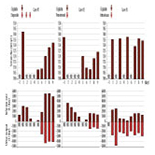
BACKGROUND:
Inappropriate anti-diuretic hormone secretion syndrome (SIADH) is a relatively common cause of hyponatremia during cisplatin-based chemotherapy for lung cancer, whereas renal salt wasting syndrome (RSWS) presents a rarer, but more sudden-onset and severe form of hyponatremia.
CASE REPORT:
We report three cases of RSWS that developed during cisplatin-based chemotherapy for lung cancer. Moderate to severe hyponatremia (108–129 mEq/L) with or without life-threatening symptoms such as convulsions and confusion developed within seven days of the first administration of cisplatin, accompanied by paradoxical sodium secretion in urine and increased levels of urinary β2-microglobulin (15.3±9.1 mg/L). Initial restriction of water intake, due to suspected SIADH, worsened dehydration, whereas infusion of hypertonic saline (1.5–6 L/day) successfully corrected the serum sodium concentrations.
CONCLUSIONS:
Physicians who might provide cisplatin-based chemotherapy should be aware of differential diagnosis of hyponatremia between RSWS and SIADH because it requires opposite treatment strategy. Increased levels of β2-microglobulin in the urine may be useful as a biomarker for the differential diagnosis of these conditions.
Keywords: Hyponatremia

